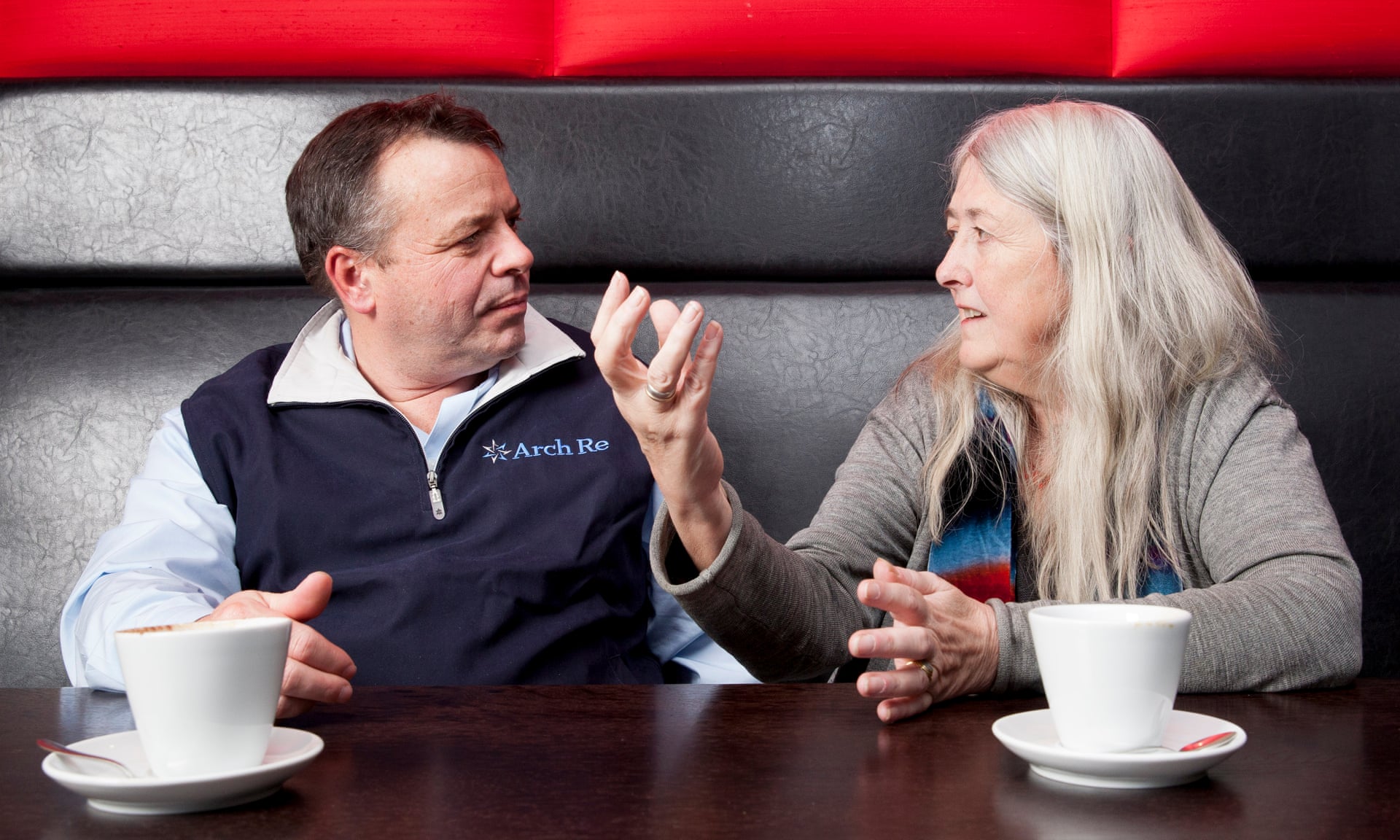 Nicolas Priou, January 18th, 2017
Nicolas Priou, January 18th, 2017
Appoint some of the senators by chance. That is one of the proposals of Arnaud Montebourg, for “rebuilding the lost confidence” between the citizens and the institutions. More precisely, the candidate for the primary of the left (on the 22nd and the 29th of January) would like to allot 100 senators in an assembly reduced to 200 members. This means one citizen for each department, drawn from the electoral registry, as is already the case for judicial juries.
A system created in ancient Greece
The goal? “Assure the involvement of citizens in the political system” and making the Senate “a chamber with oversight powers over the public purse, public commitments, political promises to the public, and European decisions”. The idea is as old as the Athenian democracy – or rather klerocracy, as the Greeks called the political system where the representatives of the people and the rulers are selected by lot. But this method is rarely applied other than for selecting juries. More recently, it was Iceland that went farther. In response to the financial crisis of 2008, an assembly of 1,000 allotted citizens was formed to create the basis for a new constitution. Which was eventually rejected. In France, in addition to Arnaud Montebourg, various think tanks, philosophers, and researchers have been promoting the idea of sortition of senators for several years, proposing different numbers of people designated by lot. But are the French people ready?
Continue reading
Filed under: Athens, Elections, Participation, Press, Proposals, Sortition | 6 Comments »



 George Monbiot, a Guardian columnist and a regular critic of the status quo,
George Monbiot, a Guardian columnist and a regular critic of the status quo, 

